Matthew Niederhauser is reporting from Brazil with support from the Pulitzer Center.
Brasilia has always loomed heavily in my mind. I consider myself a bit of an urbanist, and the Brazilian capital is one of the most daring feats of city planning ever implemented. It fulfilled the fantasy of Juscelino Kubitschek, President of Brazil from 1956 to 1961, to create "fifty years of prosperity in five." Starting from scratch in the middle of a vast empty plane in 1956, Brasilia stood to encompass the "Order and Progress" national motto emblazoned on every Brazilian flag. The capital certainly imposes order through its carefully laid out streets and compartmentalized municipal, residential, and commercial zones. But it no longer represents progress, especially with regards to the World Cup.
My first point of order the morning of the Brazil verse Cameroon match was to visit the great architectural feats of Oscar Niemeyer, including the National Congress, Cathedral of Brasilia, and Palácio da Alvorada. These buildings are cornerstones of Brazil's national symbology and were recently granted status as a UNESCO World Heritage Site, along with the rest of the Brasilia monumental axis. Upon closer inspection, though, this visionary city of the future is getting rough around the edges. Brasilia might look great on paper with its bold architecture, broad avenues, and green spaces, but it doesn't reach the density needed for a thriving metropolitan habitat. Despite the meticulous planing, everything feels disjointed and separate. The compartmentalized neighborhoods trap people. Brasilia lacks a soul within its outdated vision of modernity. Now the $900 million Mane Garrincha Stadium built for the World Cup is the crowning failure in the capital's urban fabric.
Don't get me wrong, the Mane Garrincha Stadium is extremely impressive. It sits by itself on a large swath of land supported by 288 stately pillars holding up a self-cleaning roof. It's even more impressive when there are tens of thousands of Brazilian fans dressed in bright yellow jerseys streaming into its entrances. It might also be the biggest "white elephant" out of all the stadiums built for the World Cup. Brasilia has no major soccer team to occupy the Mane Garrincha Stadium after the tournament. The costs to build the structure also tripled from original estimates. Independent audits now indicate that construction companies overpriced their services upwards by $275 million while at the same time contributing exponentially larger sums of money to the political parties who granted them the contracts in the first place. No one faces corruption charges, so far, and the dust won't settle until long after the World Cup. There's glaring precedent that if Brazil wins, much of this malfeasance will be swept under the rug.
These accusations of corruption inspired millions of people to take to the streets in over a hundred cities across the country last year. On the day of the Brazil versus Cameroon match, though, only about a hundred people showed up to demonstrate against the mishandling of public funds and the broken promises for better social services, education, and urban infrastructure. The rest of the city was caught up in the spectacle of the World Cup. I must admit, it's infectious. After photographing the protests in the central bus station for a bit, I felt compelled to follow the crowds to the Mane Garrincha Stadium. There were samba schools, gymnasts, evangelicals, clowns—a veritable circus of life came out for the Brazilian team. It was hard to focus on anything else.
Once the game started, I wandered through empty streets, stopping wherever I heard the commotion of people cheering on the Brazilian team. All eyes were fixed squarely on the players' performance, and they delivered a show worthy of those expectations. Fans howled with delight and embraced each other as the score mounted in their favor and victory was clinched. Nothing else mattered in the world for those ninety minutes. I don't think all Brazilians are blind to the overshadowing pageantry of the World Cup, but their love for the game is reason enough to temporarily turn their backs to the gross incompetence that brought the tournament to their doorstep. It's impossible to really separate politics from soccer in Brazil, but it seems an effort will be made as long as the Brazilian team survives. What will be unleashed at the end, though, whether in their victory or defeat, is what will truly define this World Cup in Brazil.
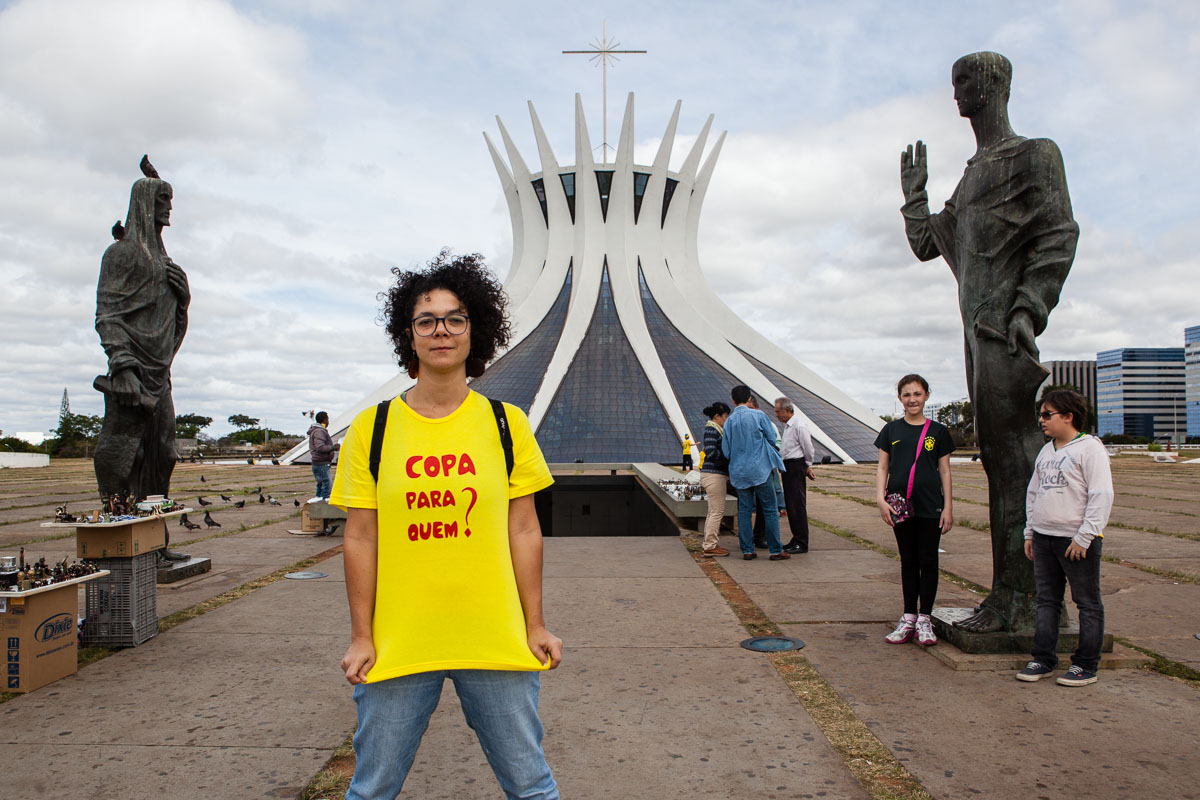
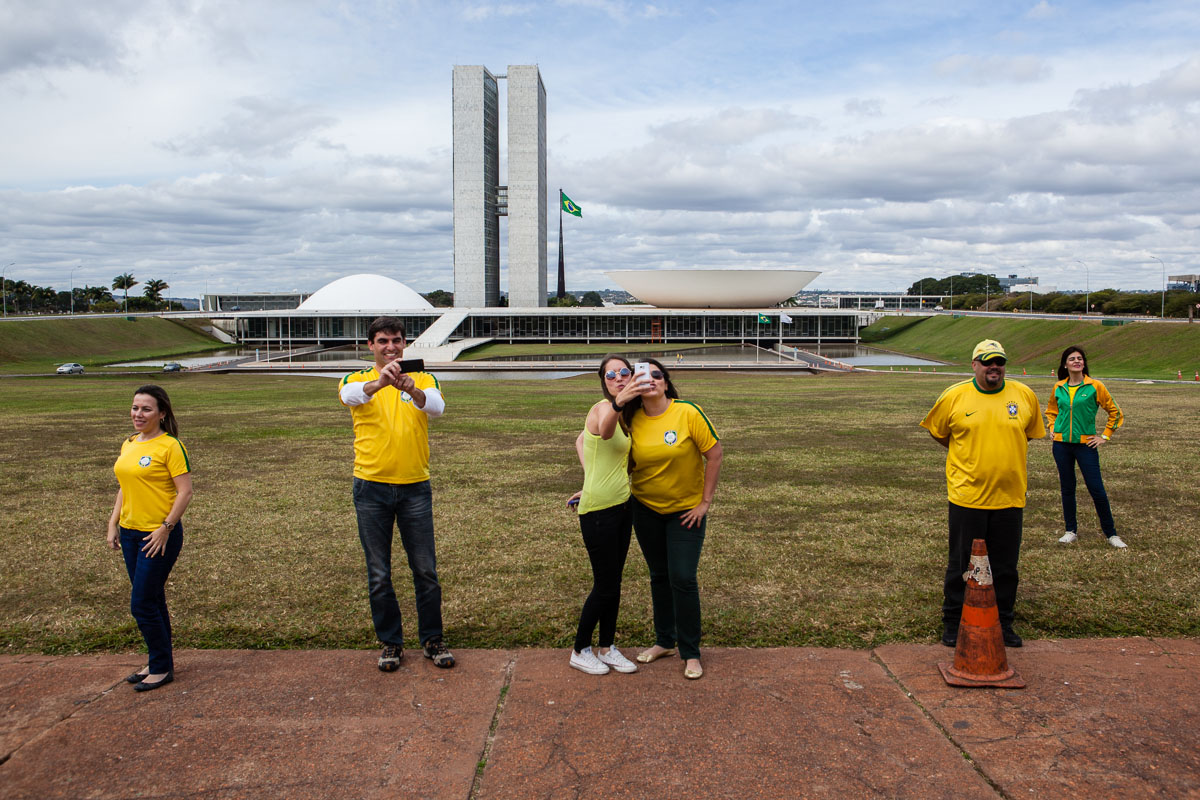
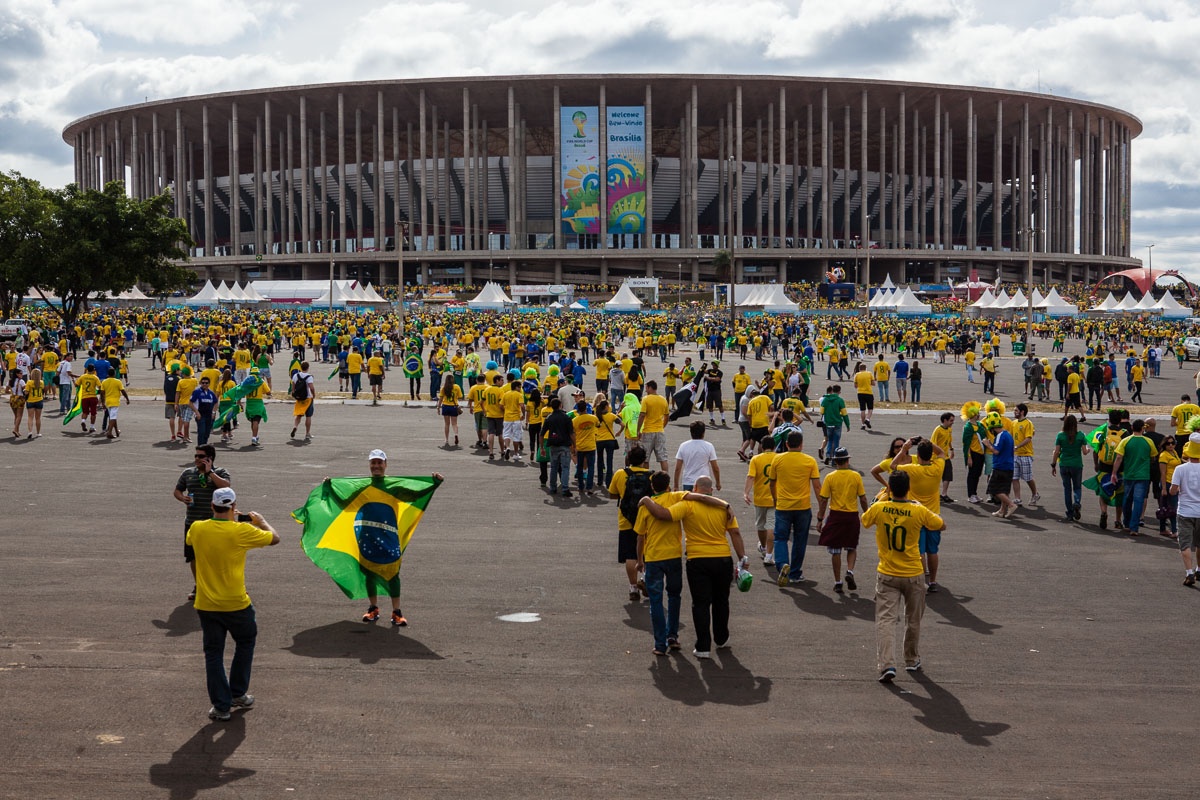
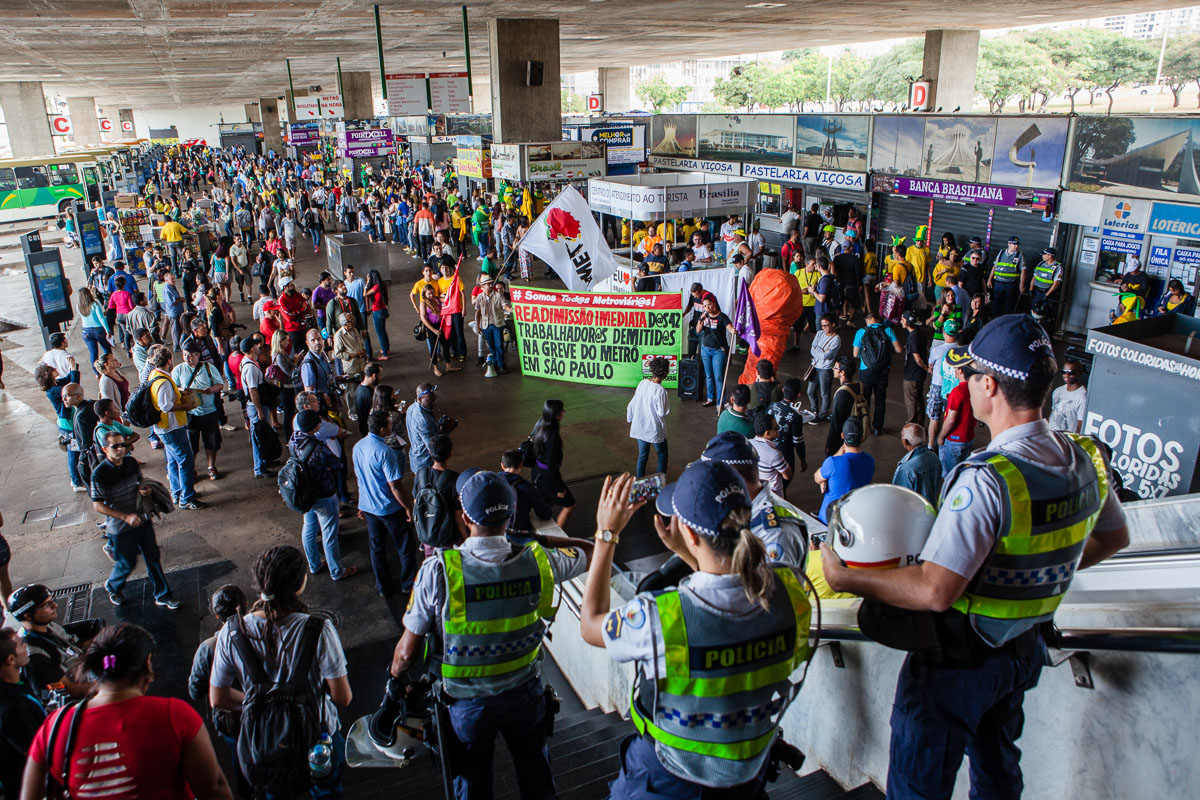
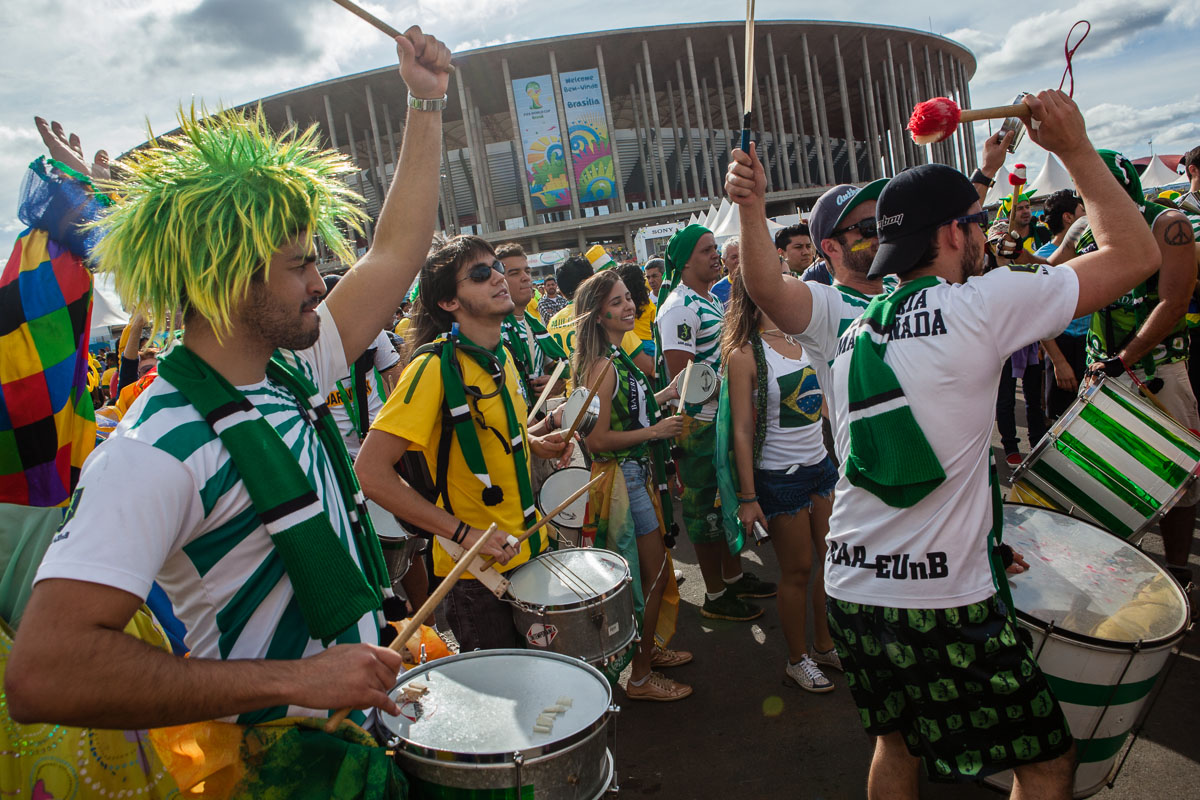
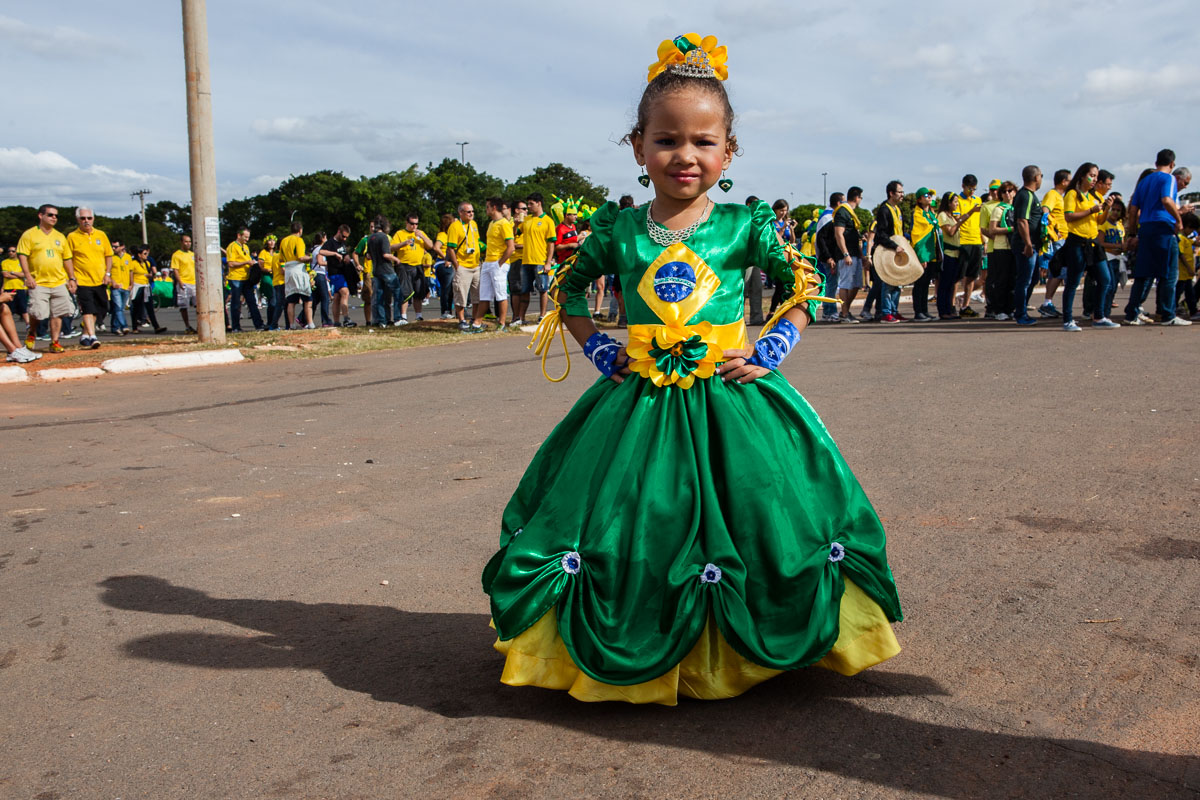
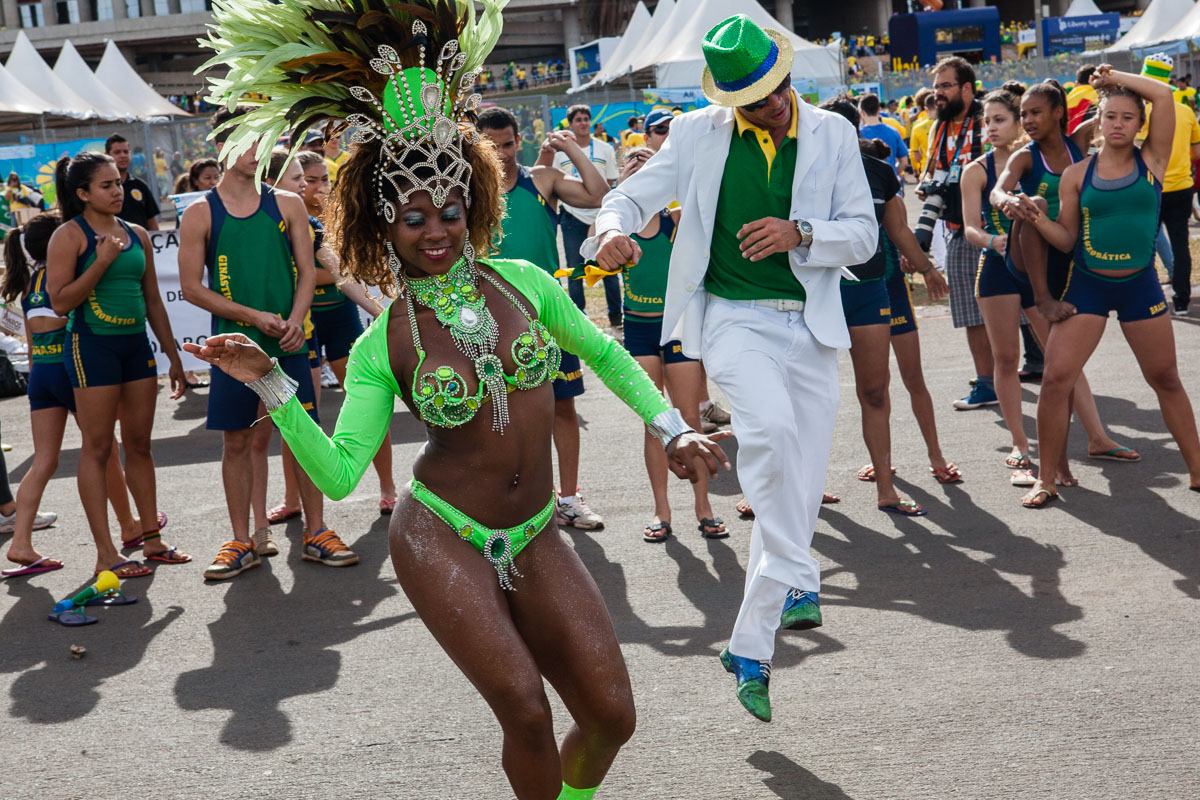
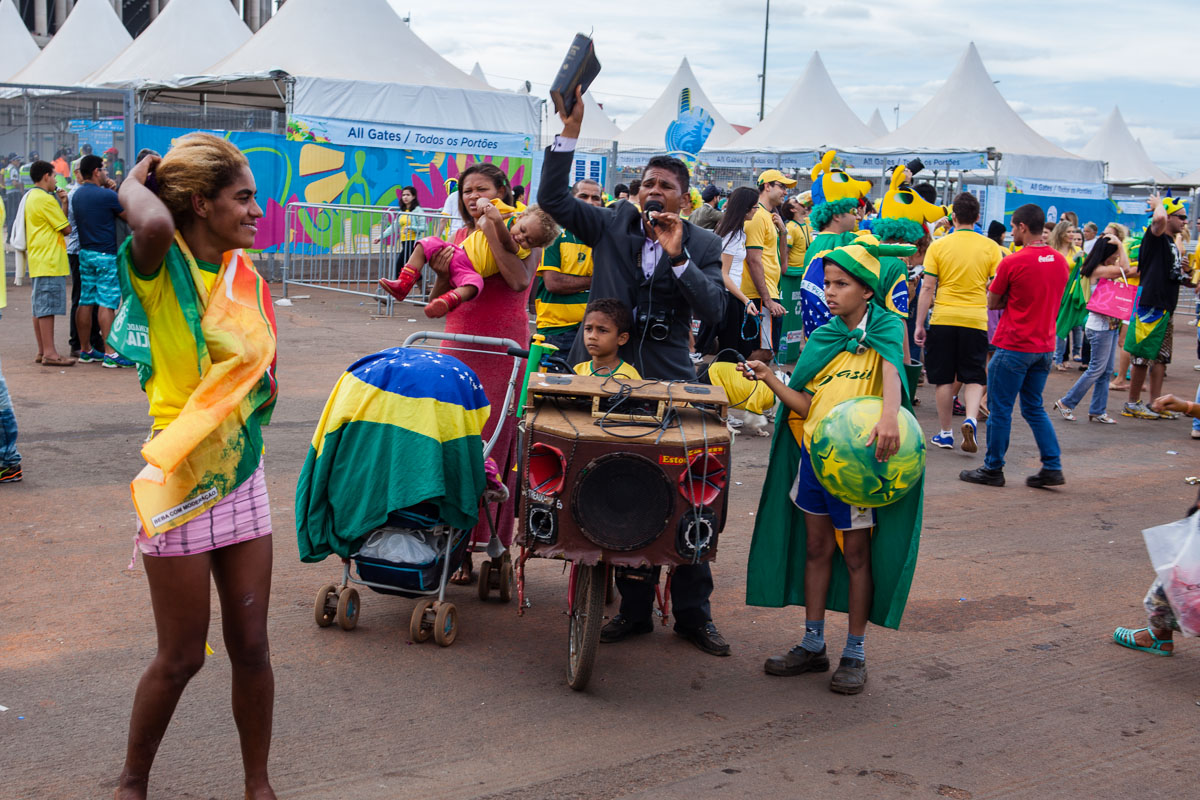
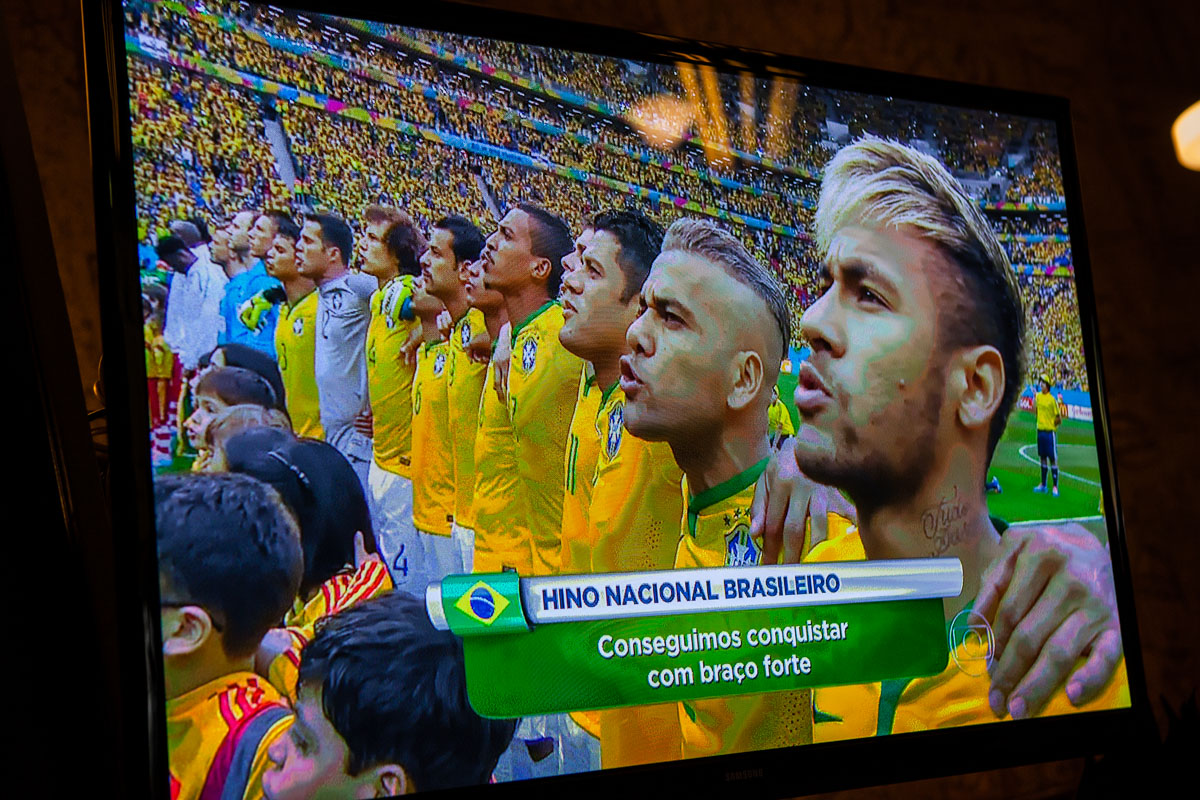
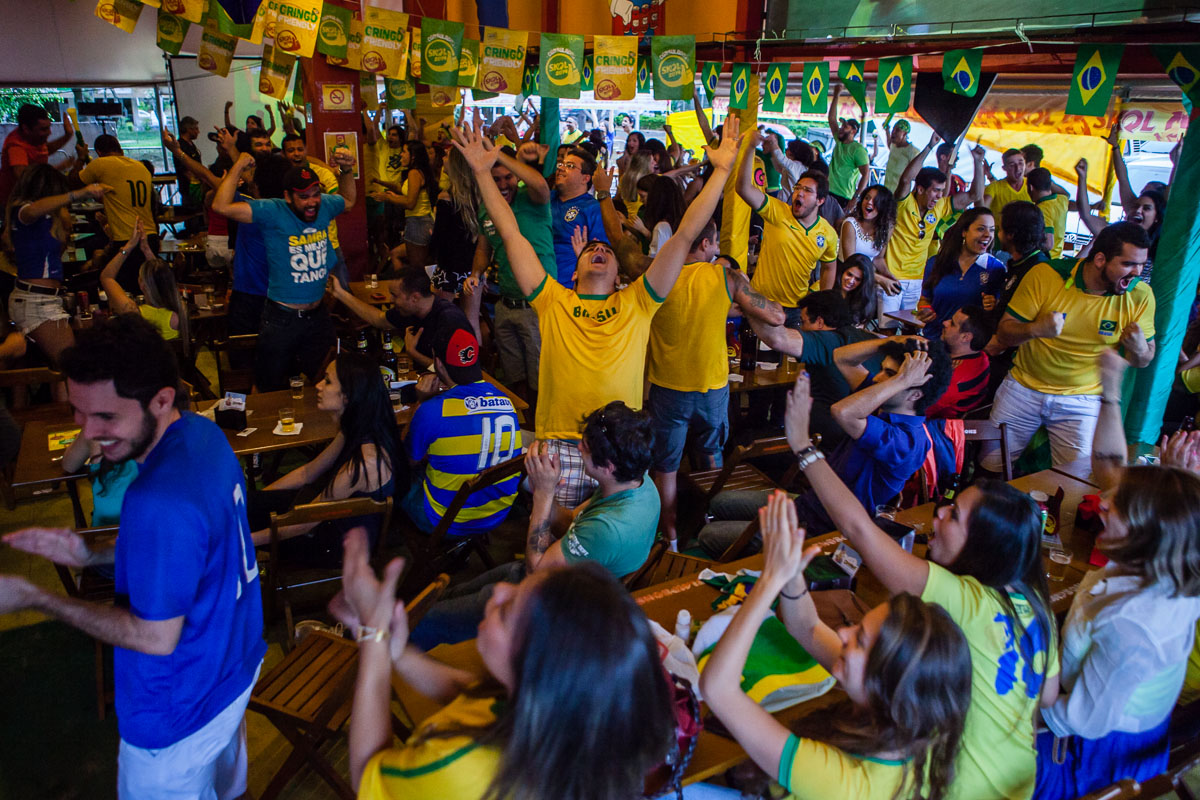

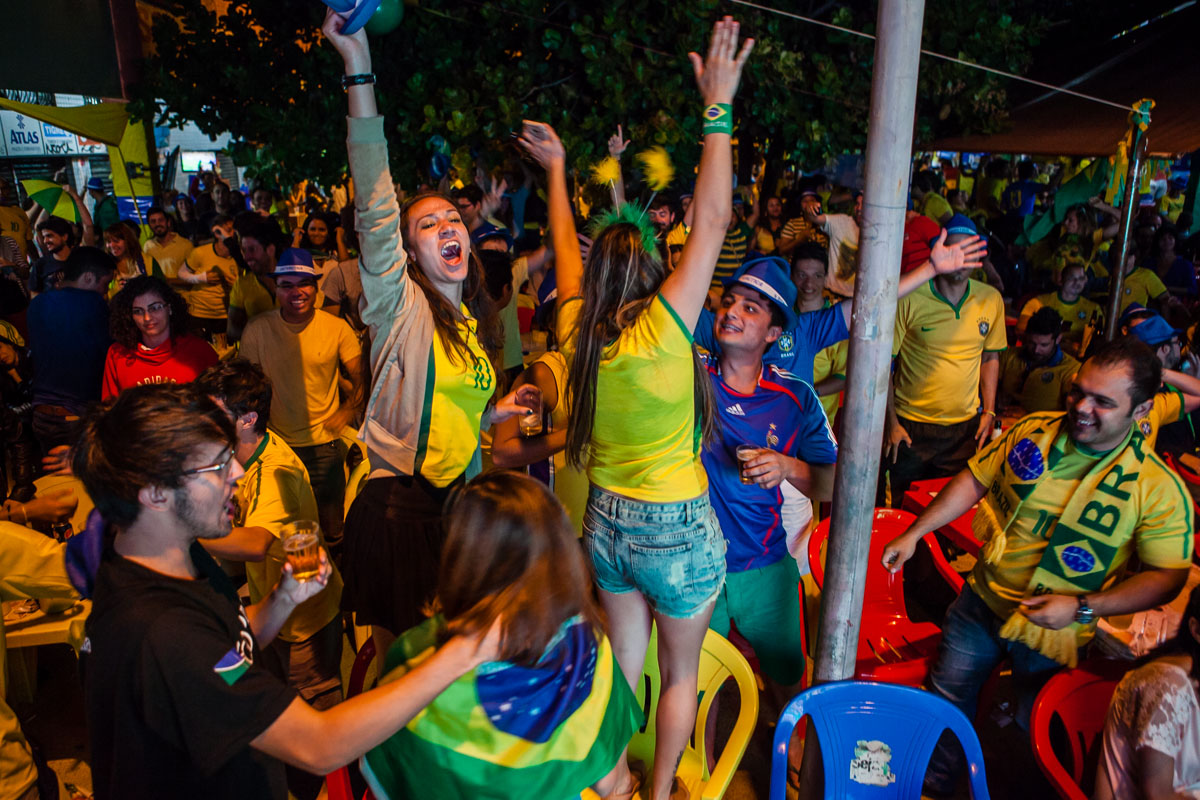
No comments:
Post a Comment